My daughter surprised me today on the way to school with this fun fact: our family account with Audible, a company selling audiobooks, has accumulated 19 months 9 days 13 hours and 27 minutes of listening time over the past 13 years. Here is what my iPhone shows:
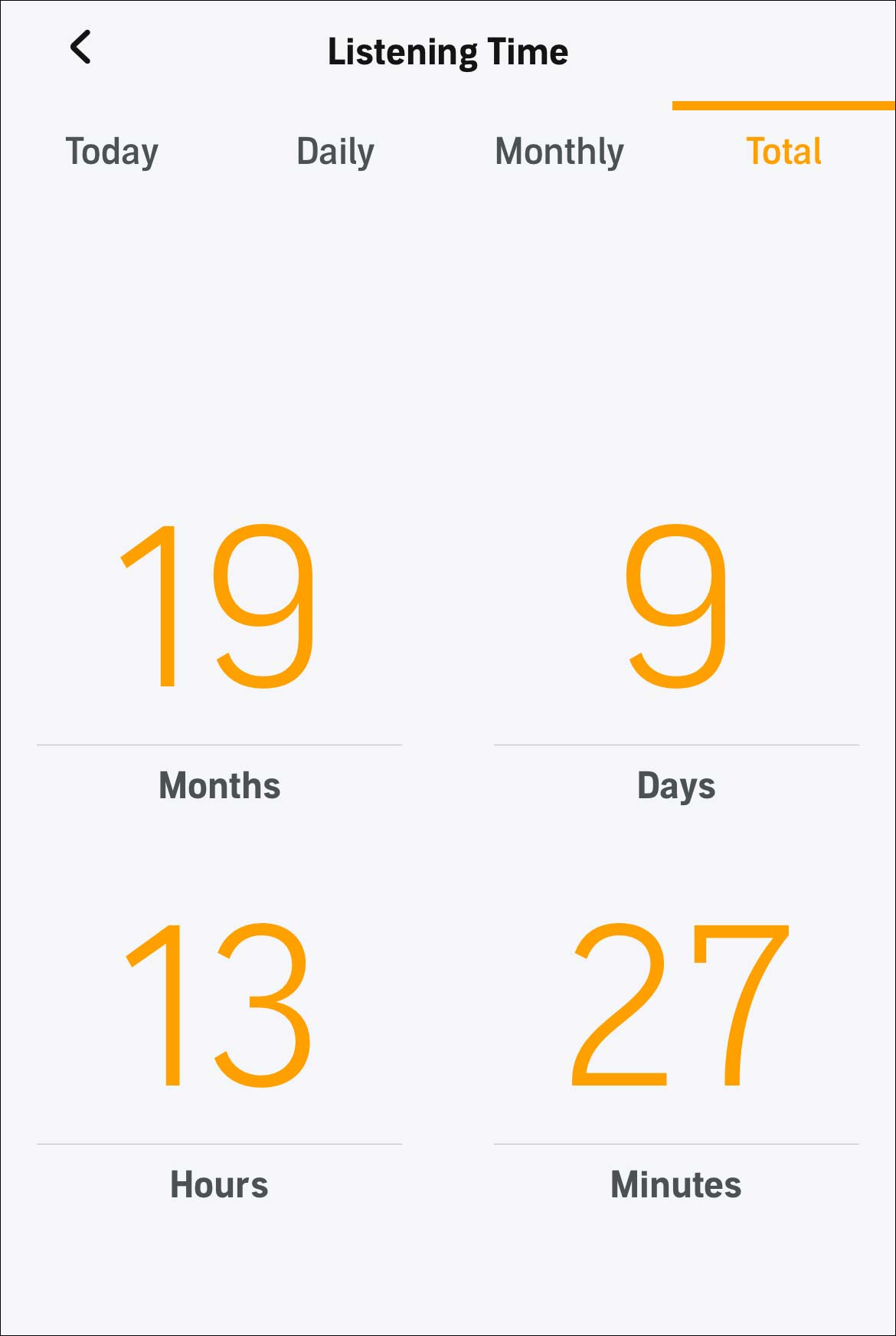
That equals approximately 50,791,153 seconds, or some 846,519 minutes, of text read in audiobooks by our family, according to my back-of-the-napkin math. Those are big numbers. Over the years our Audible account has been a long-flowing river of word-after-word which collectively has emptied out into an ocean of literature.
I don’t even want to know how much money my wife and I have spent on Audible, Inc. (a company owned by Amazon), but we have had a $15 per month “Audible Premium” subscription since 2010. I’m sure we have spent thousands of dollars. A review of my online “library” informs me that we have bought 427 “titles.”
So as a family we have listened to hundreds and hundreds of books on Audible. Many of the favorites were listened to over and over again. We have traveled through so many of the famous “classics” of literature together through audiobooks via electronic devices, in addition to paper books one can touch and hold.
But what does this mean? Which books exactly did we purchase on Audible? What was the literary diet our daughters (and parents, too) consumed while growing up? What narratives occupied our time and attention over the years? This is precisely what I have been reflecting on this morning. It has been quite the stroll down memory lane.
To begin: I started this Audible account back in 2010 when my older daughter was almost three years old, and my youngest was a newborn. So at first it was just “Brown Bear Brown Bear” and “Goodnight Moon,” “The Very Hungry Caterpillar,” and “Owl Babies” — standard stuff for babies and toddlers. I would read those stories to my daughters in person over and over, and we would also listen to them via Audible. Until just a year or two ago, my older daughter would listen to audiobooks almost every night while going to sleep. Listening to a story in the background as she was falling asleep was like comfort food for her – or a safety blanket from earliest childhood. The stories were a familiar voice telling a familiar story to ward off bedtime fears and nighttime darkness for little kids. (I would not underemphasize how challenging bedtime can be for small children and their parents.) It was “Sleeping Beauty” and “Snow White” and “The Velveteen Rabbit.” Stuff like that. We eventually moved to “The Magic Treehouse” collection of mini-books. The years passed and my daughters grew. When lazy Sunday afternoons dragged and boredom reared its ugly head, we pulled out a book and read together.
What whole swathes of literature did we cover as they got older?
Well, amongst 427 books we bought over 13 years were all the Harry Potter stories. I read them in person to my daughters, and then they listened to the audiobooks. Then my older daughter read the entire series herself again in fourth grade. My daughters also read all the Rick Riordan books, too – from the original Percy Jackson series to the Kane Chronicles to Magnus Chase and God knows what else. They especially liked the Percy Jackson books, although I thought they were a poor man’s Harry Potter (which in turn were a poor man’s JR Tolkien and CS Lewis). Then there were the books by the evergreen and heartfelt Judy Blume, the precious and comedic Beverly Cleary, and the bizarre but brilliant Roald Dahl. Then came the E.B. White books: “Charlotte’s Web,” “Stuart Little,” and “The Trumpet of the Swan.” Then there were the books where beloved pets finally die and the reader is left heartbroken: “Where the Red Fern Grows,” “Old Yeller,” “My Side of the Mountain,” “The Yearling,” “Black Beauty,” and “Bambi.” Then there was the “American Girl” series. “Island of the Blue Dolphin” and “Anne of Green Gables.” “Wonder” and “Auggie & Me,” in more contemporary offerings for kids. We finally arrived at “YA” (young adult) lit: “To Kill a Mockingbird,” “Catcher and the Rye,” “Ender’s Game,” “Flowers for Algernon,” and “The Book Thief.” High school loomed large as we tackled “1984,” “Brave New World,” “Fahrenheit 451,” “The Metamorphosis,” “The Great Gatsby,” and “Lord of the Flies.” I remember them all vividly. My daughters do too, I’m sure.
And there were a whole bunch of other books, to boot.
My daughters are now 13 and 16-years old. They no longer listen to audiobooks on our family Audible account. They go out themselves onto the Internet to listen to podcasts, audiobooks, and who knows what else. They watch videos on TikTok or exchange messages on Snapchat. I’ve never been on either of those services and frankly have little idea what my daughters are doing there. (A part of me is afraid of what I might find out.) My daughters are well beyond those early years when parents directed their media consumption. They choose their own paths nowadays. I respect their privacy as teenagers, while trying to remain relevant and present in their lives. I try to give my daughters the space they need to grow into their own separate identities, as they individuate and prepare to enter the adult world on their own terms. If they will always be my daughters, they will also be their own full-grown women. That will be much more their business than mine.
But my hope is that my daughters will always love stories, and that they will remain lifelong readers. They have an outstanding base. We humans are story-telling creatures who crave meaning, and we seek to find meaning-making from our own lives and the lives of others. That is what literature does. Along with exercise and sports, I have had literature and history to teach my daughters. I am not sure I have much else.
My younger daughter bringing me the news of our cumulative Audible listening time this morning makes me reflect. I look back at our shared literary journey through childhood and I grow nostalgic. If the long list of children’s literature is a partial biography of their youth, it is equally a detailed chronicle of my parenting. I would have not been reading all those books, if I were not a parent. Many of these books (most?) I had already read when I was a child, but part of the joy of being a parent is the opportunity to relive parts of your own childhood through the eyes of your children. As a parent you can experience the world vicariously through the eyes of your child and remember a bit of what your own childhood was like. That is a gift. And each book was an opportunity for us to discuss a whole panoply of concerns regarding life, death, sacrifice, evil, heroism, family, greed, love, to name just a few. Books were a vehicle for us to talk about moral dilemmas, “what ifs,” and our family’s values. It is not that they gave facile answers to difficult questions which had no answers, but they opened a conversation and offered an opportunity to learn.
My daughters appear to have outgrown their childhoods and children’s literature, or at the very least they are on the verge of doing so. As I stated, they no longer use our Audible account much. But I still listen to books on our Audible account. Usually I do so in my car while driving. My wife occasionally does, too. A buddy from work also piggybacks on our Audible account. He has been wading his way through 35.5 hours of Leo Tolstoy’s “Anna Karenina” over many months. (Will he ever finish it?) For my part, I prefer authors like Tolstoy, Dickens, or Hugo in traditional paper book formats. I like my audiobooks of lighter fare, and shorter duration. I especially like it when the author himself or herself reads the book. I will never forget Toni Morrison’s narration of “Beloved” when Margaret Garner kills her own two-year old daughter with a butcher’s knife rather than let her be returned to slavery. Having Morrison herself read such a dramatic and emotional moment in a book makes a real difference, in my opinion.
But enough about what I did well as a father. How about the other side of the coin? What did I NOT do well as a father?
The list is long, unfortunately. I was lukewarm in my religious instruction, to put it mildly. I was raised Roman Catholic, but I am more an agnostic than anything. My daughters are baptized in the Church and received their first communion there… but not much else. As a parent you have to be honest about who you are… and who you are not. I did not do as much teaching about money and saving as I should have. I never taught my daughters how to change the oil in our car or how to repair the back fence or make pasta from scratch. That is because I myself don’t know how to do those things. We never built rockets together or performed science experiments. Neither did my parents do any of that with me.
Like I said, we teach what we know. Our children, to one degree or another, reflect our own strengths and weaknesses. There are so many things I don’t know or can’t do. So I can’t teach it to my daughters, alas.
But read the Harry Potter and Magic Treehouse series? I can do that. I am about to finish reading “The Man Without a Face” by Isabell Holland to my younger daughter, and we will watch the movie together next weekend. We very much enjoyed Andy Weir’s “Project Hail Mary” last summer. So it goes.
I wonder if laying next to their dad while reading a book together will prove to be some of the most powerful and enduring memories of my daughter’s childhoods.
They will be happy memories for me, too.
That is for sure.
I don’t know if I was a good dad, although I know I wasn’t a perfect one. But I was present. My daughters had my full attention. Many of my best moments during the last decade and a half were centered on them. And it was a wonderful investment by me. “What is well begun is half done,” goes the saying. My daughters are well launched, and children’s literature for me was a major tool towards that end.
Whether it be their social media viewing or particular tastes in podcasts, increasingly I am receding into the background. My daughters will choose for themselves. It is their lives. More and more, my daughters begin to take charge. I have always thought successful parents make themselves redundant and unnecessary, and I hope that is what is happening –
– so I will keep my finger’s crossed.
I occasionally read about a father who was in the military and was deployed again and again to Iraq or Afghanistan and so missed huge swathes of his children’s childhood, and I am amazed at the loss for the family. Or, more commonplace, I see some man-boy sire offspring and then well-nigh abandon them. (Any barnyard animal can fornicate and get the female with child, but only a real man can commit as a father and raise his children.) After a cursory Google search I read that approximately 24 million American children live in homes headed by single parents – most often that means a mom or a grandma. Only some 24% of single parent families are headed by a male.
Where are all the fathers? Why are they not involved in the lives of their children?
What a loss! For the father and the child!
Families connect the past to the present through the blood-calls-to-blood connection of parent to child, and in our patrimony we fathers leave a legacy and a benediction for them: the past touches the present, and opens the door for a possible future. Parents start the process and set the stage.
We then step aside and watch our children soar beyond us.
The past is a foundation which allows us to stand strong on terra firma, and this is important. A person with no past is at risk of ending up like someone lost at sea, blown here and there in desultory fashion. The past is a lodestar, be it our literary, familial, religious, or political past. It anchors us. But a love of the past assumes a care for the present and hope for the future.
The future, daughters Julia and Elizabeth – it awaits you! Go grasp it! Be happy! Engage and achieve.
Both for my students and my daughters, I hope this to be my legacy.
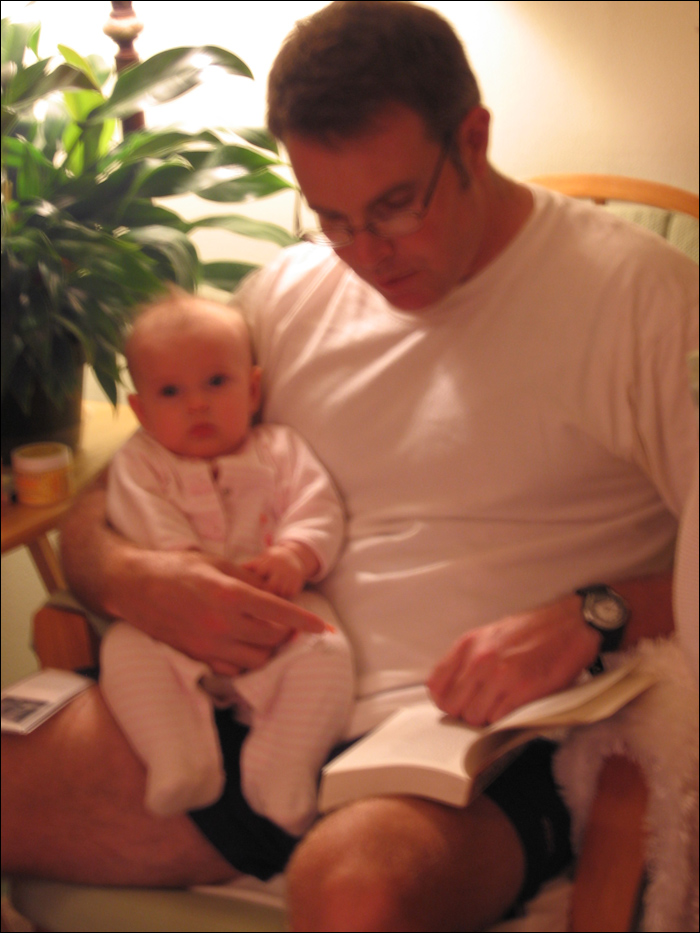
“And chiefly Thou, O Spirit, that dost prefer
Before all Temples th’ upright heart and pure,
Instruct me, for Thou know’st; Thou from the first
Wast present, and with mighty wings outspread
Dove-like satst brooding on the vast Abyss
And mad’st it pregnant: What in me is dark
Illumin, what is low raise and support;
That to the highth of this great Argument
I may assert Eternal Providence,
And justifie the wayes of God to men.”
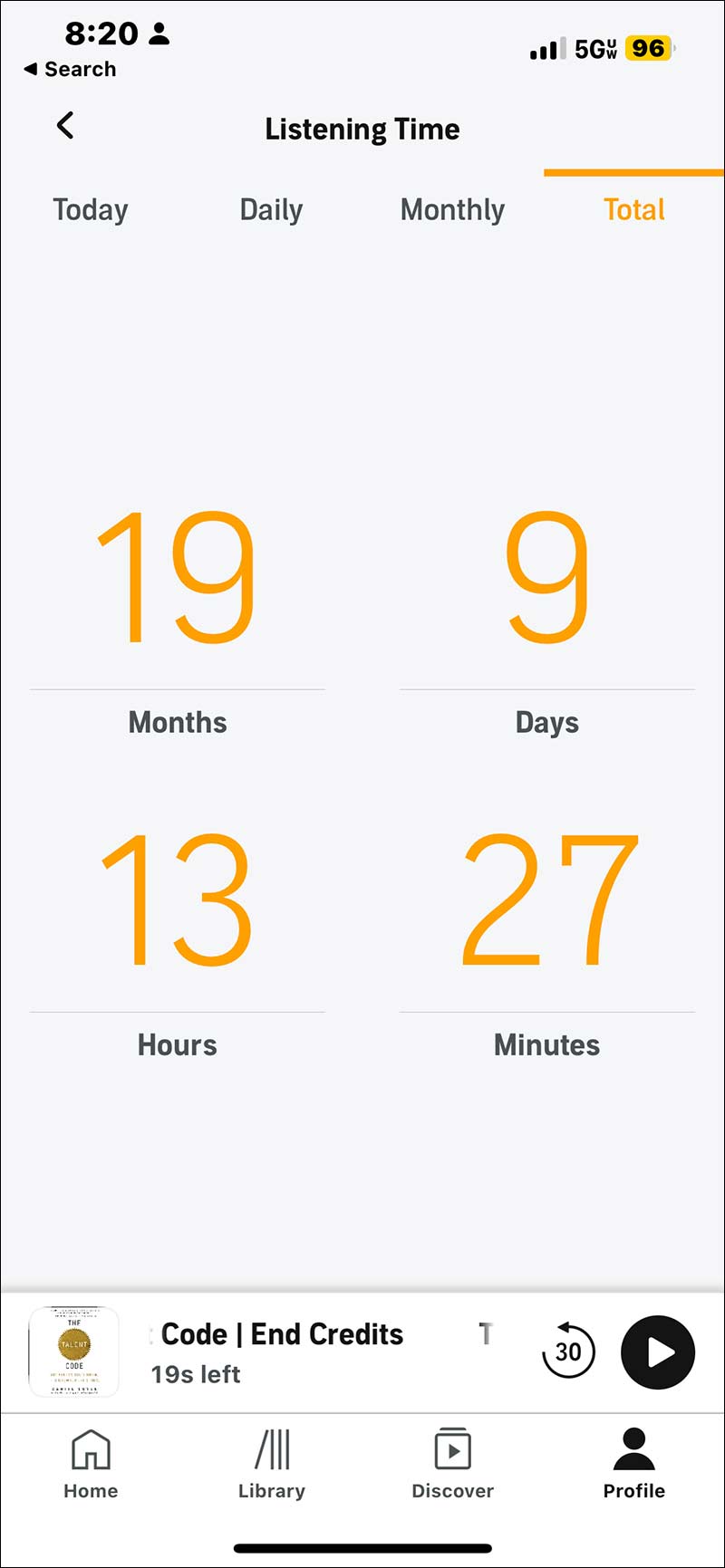
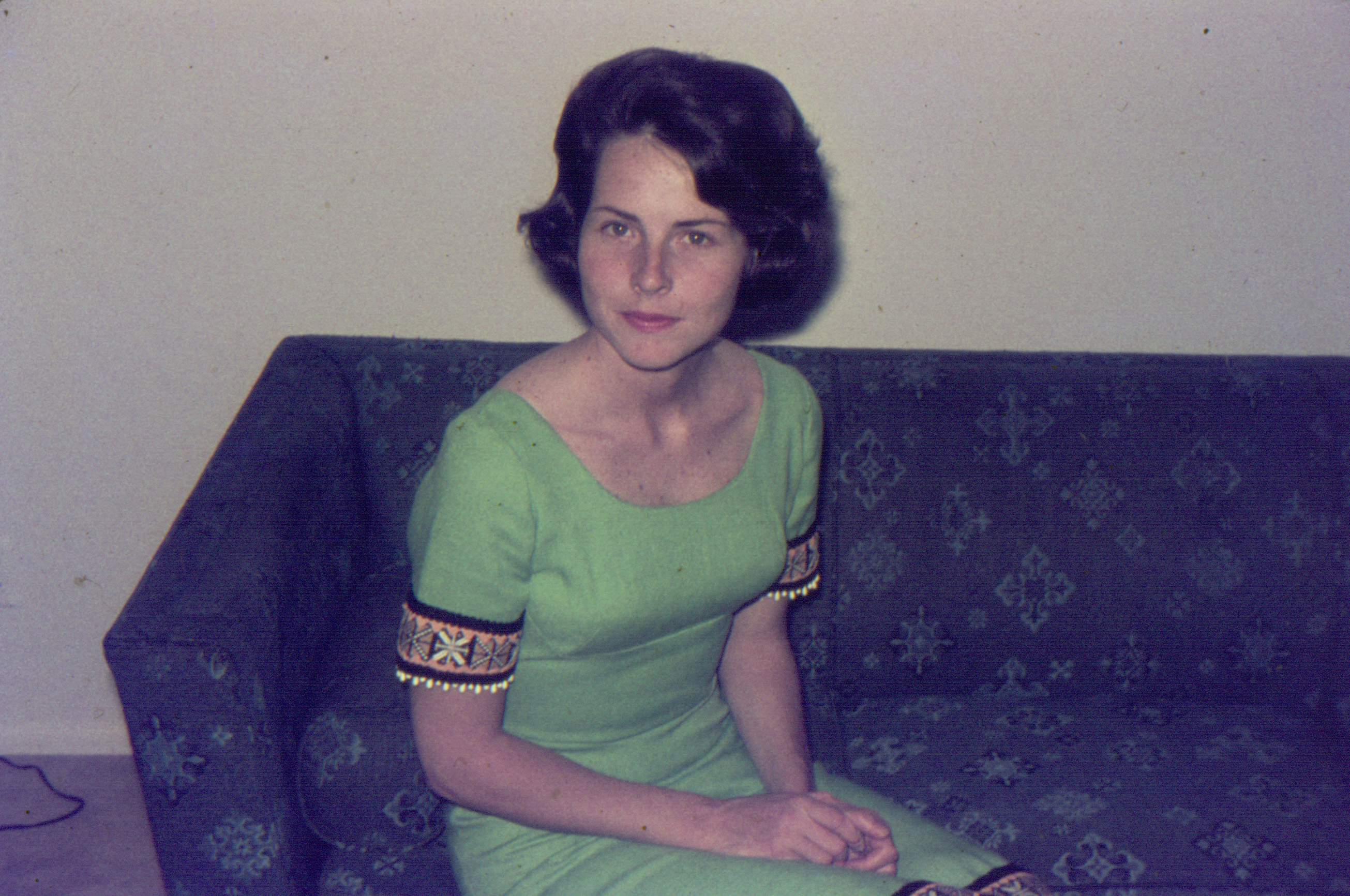
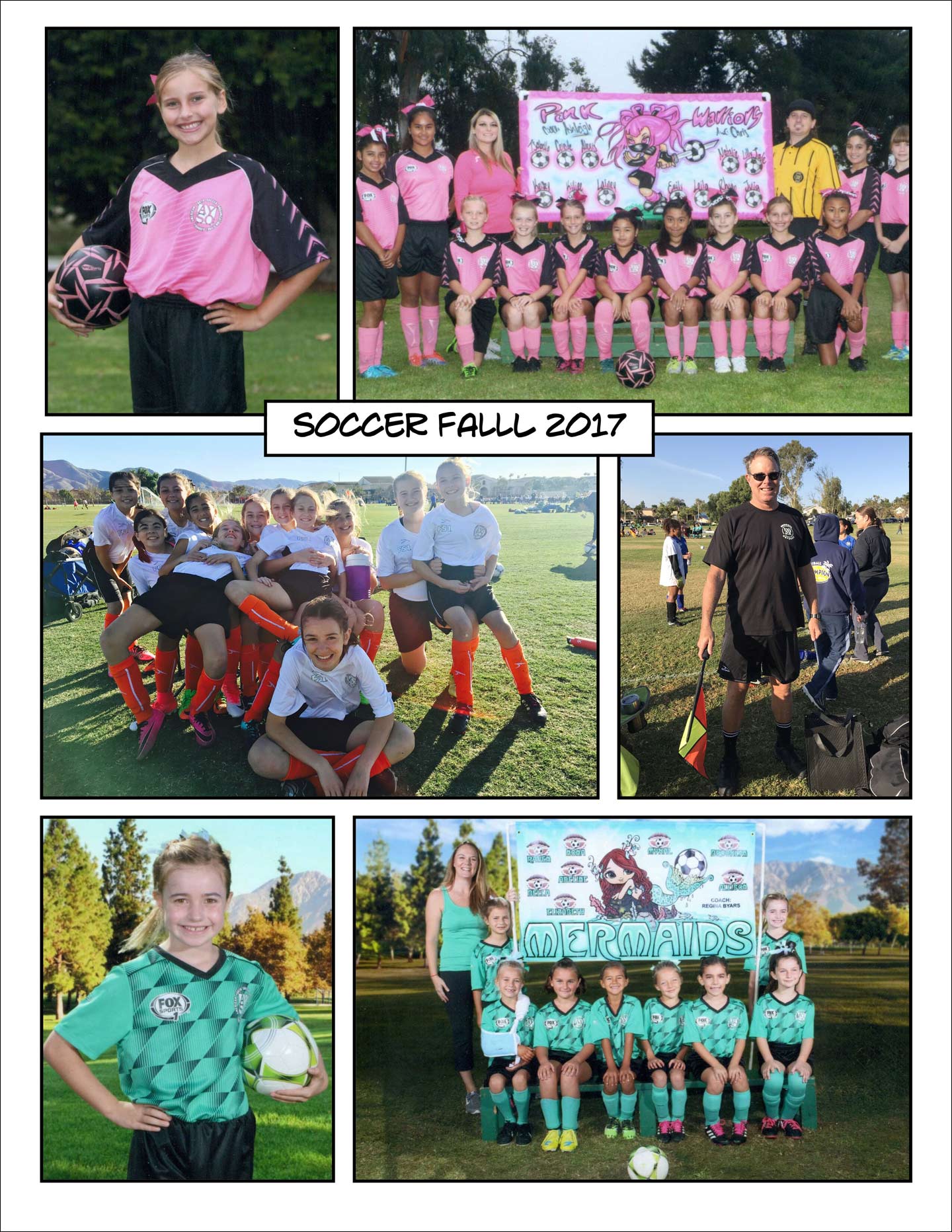
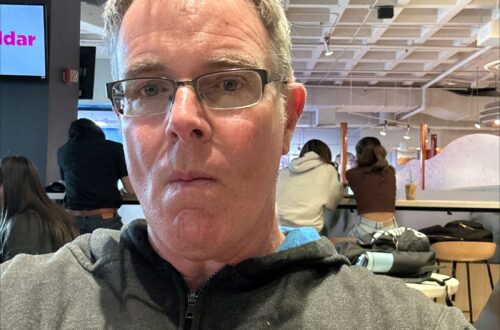
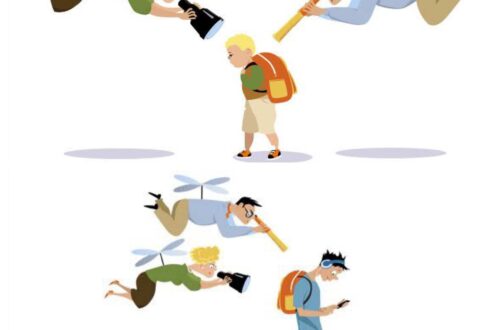
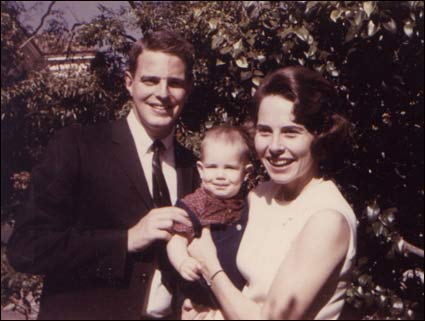
2 Comments
Carlos M.
Men make their own history, but they do not make it as they please; they do not make it under self-selected circumstances, but under circumstances existing already, given and transmitted from the past. The tradition of all dead generations weighs like a nightmare on the brains of the living. History is something to destroy. History are chains which we need to free ourselves from, not something to embrace. Liberation NOW!
rjgeib
History is many things. It is equal parts “horrible nightmare” and “beauteous vision.” History is a complicated mix of the good and the bad, the tragic and heroic, the evil and the virtuous. Your interpretation of History as a pulsing “nightmare on the brain of the living” highlights only the negative and is extreme. And whenever mankind has tried to enact radical revolutionary change from top to bottom, it has made things worse, not better. Your comment has the whiff of the zealot about it, and that is always off putting.